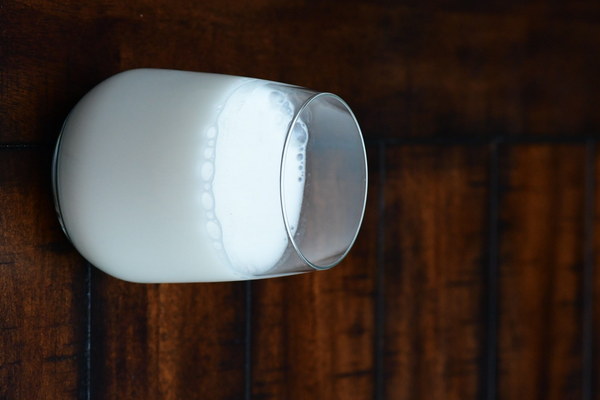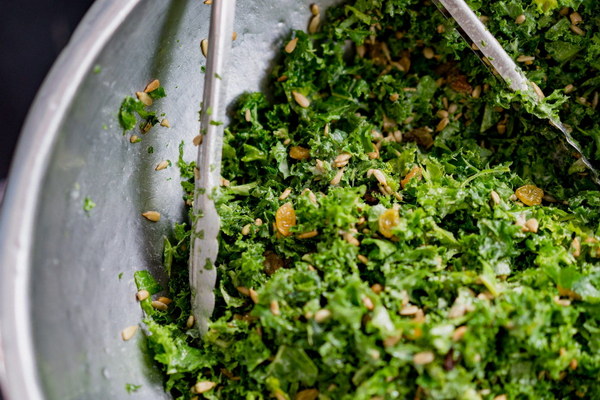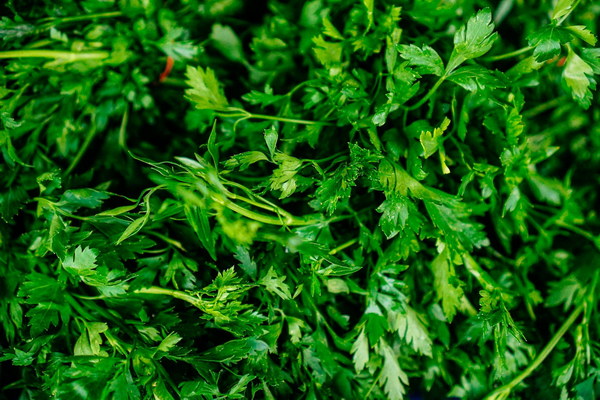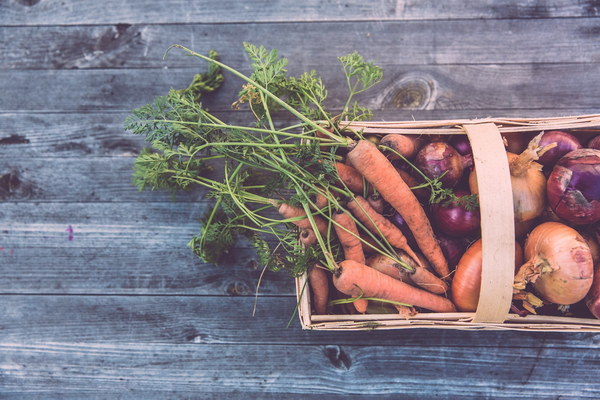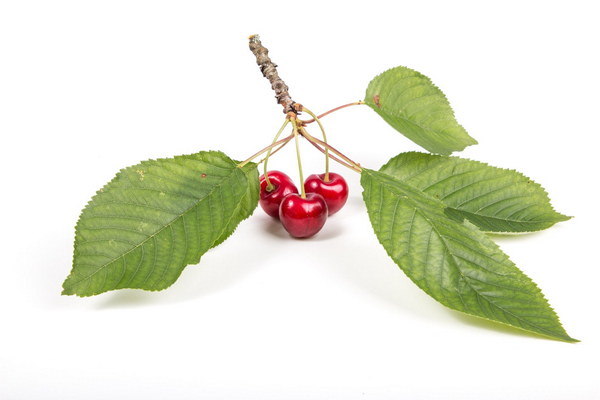Unlocking the Secrets to Yin Deficiency Constipation A Holistic Approach with Food Therapy
Yin Deficiency Constipation, a common issue faced by many individuals, can be a challenging condition to manage. This article delves into the concept of Yin Deficiency Constipation, its causes, symptoms, and offers a comprehensive guide to Yin Deficiency Constipation Food Therapy, a holistic approach that combines dietary adjustments with natural remedies.
Understanding Yin Deficiency Constipation
Yin Deficiency Constipation is a condition where an imbalance in Yin energy within the body leads to a lack of moisture, resulting in constipation. Yin energy is the cooling, nourishing, and relaxing aspect of the body, which is often associated with the organs such as the kidneys, liver, and lungs. When Yin energy is deficient, the body experiences a lack of moisture, leading to dryness and constipation.
Causes of Yin Deficiency Constipation
Several factors can contribute to Yin Deficiency Constipation, including:
1. Chronic stress: Stress can disrupt the balance of Yin and Yang energies, leading to Yin Deficiency.
2. Poor diet: A diet lacking in moisture-rich foods and high in spicy, fried, and processed foods can exacerbate Yin Deficiency.
3. Dehydration: Inadequate water intake can lead to a lack of moisture in the body, contributing to Yin Deficiency.
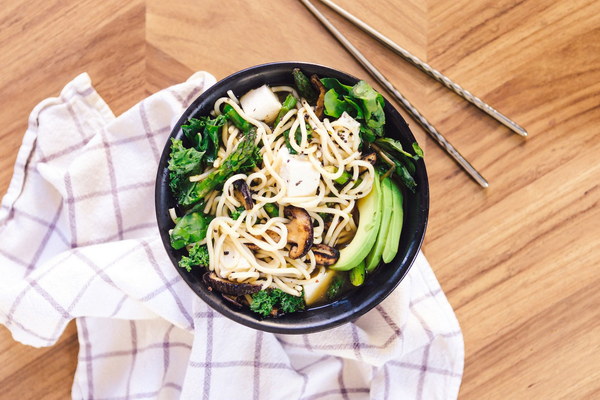
4. Overuse of stimulants: Excessive consumption of caffeine, alcohol, and other stimulants can deplete Yin energy.
Symptoms of Yin Deficiency Constipation
The symptoms of Yin Deficiency Constipation can vary from person to person, but common signs include:
1. Infrequent bowel movements
2. Hard and dry stools
3. Difficulty passing stools
4. Abdominal pain or discomfort
5. Dry mouth and skin
6. Excessive thirst
7. Fatigue
Yin Deficiency Constipation Food Therapy
A holistic approach to treating Yin Deficiency Constipation involves dietary adjustments that focus on replenishing Yin energy and increasing moisture within the body. Here are some key recommendations:
1. Increase moisture-rich foods: Incorporate foods such as fruits, vegetables, and grains that are high in water content and nutrients. Watermelon, cucumbers, apples, pears, and peaches are great options.
2. Embrace Yin foods: Include foods that are known to nourish Yin energy, such as seaweed, lotus seeds, and black sesame seeds. These foods can be added to soups, stews, or salads.
3. Avoid Yin-deficient foods: Limit or avoid spicy, fried, and processed foods that can further deplete Yin energy. This includes foods like coffee, alcohol, and sugary snacks.
4. Hydration: Ensure adequate water intake by drinking plenty of water throughout the day. Herbal teas, such as chrysanthemum or mint tea, can also help replenish Yin energy.
5. Incorporate cooling foods: Foods that have a cooling effect on the body, such as cold milk, yogurt, and cucumber, can help alleviate symptoms of Yin Deficiency.
6. Practice mindfulness: Cultivate a stress-free environment by practicing mindfulness, meditation, or yoga. These activities can help balance Yin and Yang energies.
Conclusion
Yin Deficiency Constipation can be a challenging condition to manage, but a holistic approach that combines dietary adjustments with natural remedies can provide relief. By focusing on Yin Deficiency Constipation Food Therapy, individuals can achieve a balanced and nourished body, leading to improved bowel regularity and overall well-being. Remember to consult with a healthcare professional before making significant changes to your diet or lifestyle.
